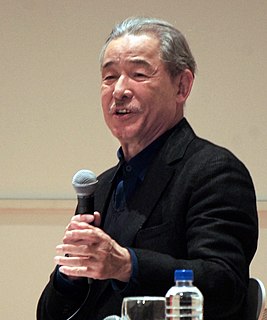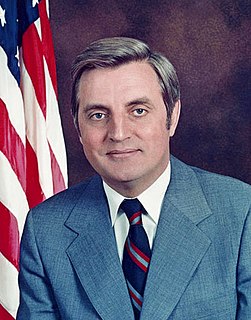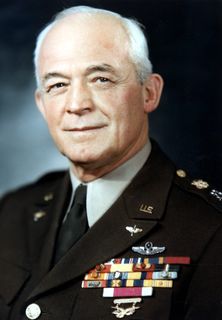A Quote by Rick Famuyiwa
I'm a first-generation American. My parents are from Nigeria. I had this weird last name that looked Japanese, and then people would see me and go, 'Oh. You're not Japanese.'
Related Quotes
I'm first generation American, and my parents were both from Nigeria. And so I always say that I'm literally an African American. So my last name is Famuyiwa, it's different. And so that was a part of my experience from people not being able to pronounce it to not sort of having sort of a shared, common history with a lot of the kids that I was growing up with because my parents were from Africa.
They didn't incarcerate the Japanese-Americans in Hawaii. That's the place that was bombed. But the Japanese-American population was about 45 percent of the island of Hawaii. And if they extracted those Japanese-Americans, the economy would have collapsed. But on the mainland, we were thinly spread out up and down the West Coast.
My mother, she's the one who's gifted with language. She can speak Japanese, of course, Tagalog, which is a Filipino dialect, Spanish as well as English. And I speak a little bit Japanese because I've had the opportunity to work alongside Japanese people. And a little bit of German, a little bit of Portuguese because of work. A little bit of French because of work. But then, if you asked me to carry-on an everyday conversation, I would fail miserably.
Many Japanese families moved to Taiwan during the occupation. Then, when the war ended, they were forced to move back. And at the macro level, the Taiwanese had every reason to cheer when the Japanese left. The Japanese military could often be incredibly brutal. The Taiwanese lived as second-class citizens on their own land.
As well as Japanese animation, technology has a huge influence on Japanese society, and also Japanese novels. It's because before, people tended to think that ideology or religion were the things that actually changed people, but it's been proven that that's not the case. Technology has been proven to be the thing that's actually changing people. So in that sense, it's become a theme in Japanese culture.
These people looked Japanese, were originally Japanese, were numerous. We had no way of knowing to what extent they had been infiltrated. To their great credit, it seems not to have been very much at all. But I can understand why. And I rather respect Eleanor for standing out against the tide at that point. But it certainly was a tide. And I'm not going to say it was unjustified.





































